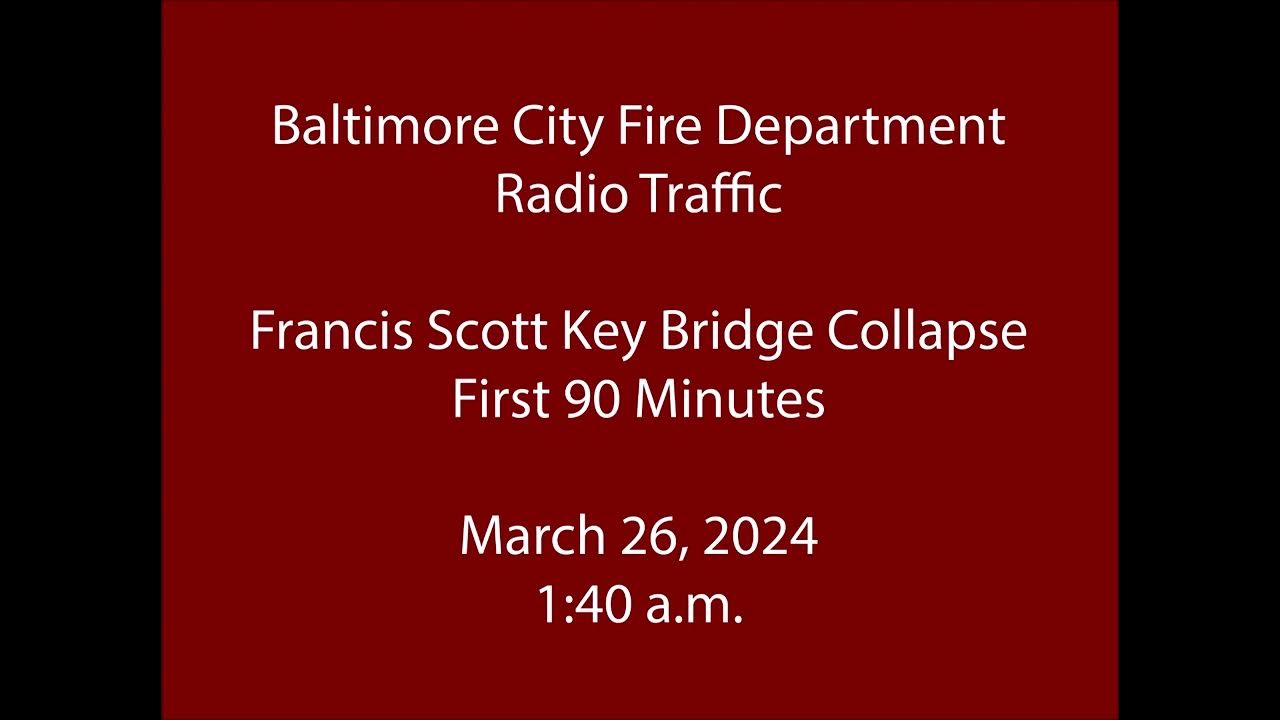A really neat insight into how chaotic and complex mass casualty incident responses are. Feel like shit just wanna study emergency management.
For the first 13:30, they don't even know a ship hit it or that it's a giant cargo ship. That could be a crew of 30 or a highly explosive cargo and they've already staged most of the fire department right next to the bridge. For my biggest MCI the initial call was for up to 32 dead in an aircraft crash and it ended up being 5 injured. There's something beyond panic when you look down at your kit in a tiny ambulance and it's enough for three polytraumas when you're driving toward 32+-.
What do you do in that situation? Do you start gaming out how you could turn the rest of your gear (and anything you come across) into first-aid supplies? Do you start doing mental exercises to help you come to peace with triaging people knowing there might not be backup for anyone you're not directly helping?
We started a rescue helicopter as soon as the call came in. Since we only had six ambulances covering a large area we could only divert two. With only two critically injured patients the helicopter crew and I had them and the three seriously injured back to the hospital before the other ambulance arrived. With anything emergency medicine you have to just kind of turn the human part of your brain off and become a collection of textbooks and muscle memories. Otherwise it's just being traumatised for 24 hours straight every other day. All the trolley problem morality of triage goes out the window when it has to be a simple problem of time and resources, and then it's just acting on instinct and being hyper-alert from the adrenaline. Otherwise everyone dies anyway and your job gets harder as they do.



